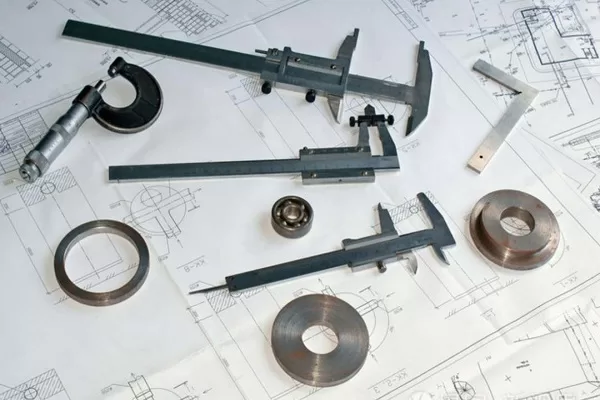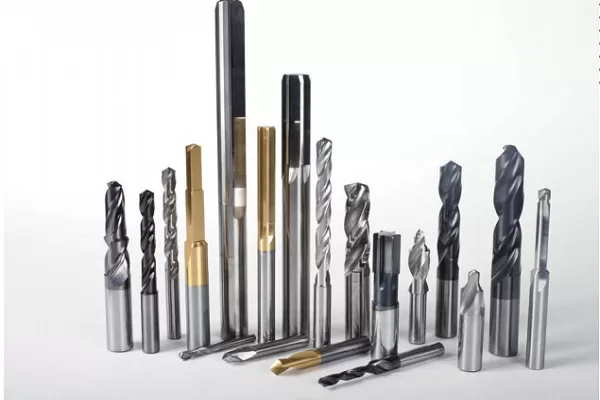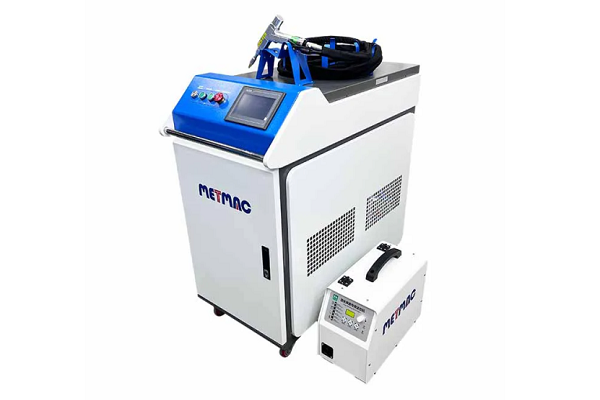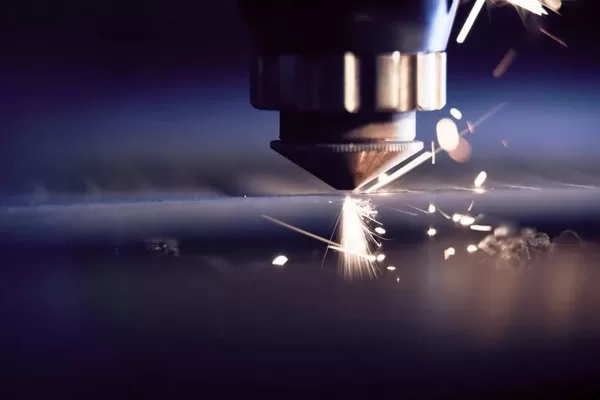
The Environmental Impact of Metal Plate Bending Machines
- By:Metmac
- 2024-09-05
- 45
Metal plate bending machines are essential tools in the manufacturing industry, used to shape and form metal plates into various components and structures. However, like many industrial processes, metal plate bending can have a significant impact on the environment. This article explores the various environmental concerns associated with metal plate bending machines and discusses potential measures to mitigate their effects.
Energy Consumption
Metal plate bending machines consume a substantial amount of energy during operation. The energy required to power the machine’s hydraulic or electric motors, as well as the frictional forces involved in bending the metal, contribute to its energy footprint. Reducing energy consumption by optimizing machine efficiency, using energy-efficient components, and exploring renewable energy sources can help minimize the environmental impact.
Hydraulic Fluid Leaks
Metal plate bending machines often use hydraulic fluids to transmit power and operate the bending mechanisms. Leaks in hydraulic systems can release hazardous fluids into the environment, contaminating soil and water resources. Proper maintenance, leak detection systems, and responsible disposal of used hydraulic fluids are crucial for preventing environmental damage.
Air Pollution
The process of metal plate bending can generate air pollutants such as particulate matter, volatile organic compounds (VOCs), and metal fumes. These pollutants can contribute to air quality degradation and have adverse effects on human health. Implementing air filtration systems, using low-VOC coatings, and optimizing machine parameters to minimize emissions can help reduce air pollution.
Noise Pollution
Metal plate bending machines can produce significant noise levels during operation, disturbing surrounding communities and affecting worker health. Noise mitigation measures such as sound enclosures, vibration dampening materials, and scheduled maintenance can help reduce noise emissions and improve the environmental workspace.
Solid Waste
Metal plate bending operations generate solid waste, including scrap metal, cut-offs, and packaging materials. Improper disposal of this waste can lead to landfill contamination and environmental hazards. Implementing waste reduction strategies, recycling programs, and proper disposal methods can minimize the ecological impact of solid waste.
Responsible Use and Maintenance
Responsible use and maintenance of metal plate bending machines play a critical role in minimizing their environmental impact. Regular inspections, preventative maintenance, and operator training can help prevent equipment failures, leaks, and excessive emissions. Implementing environmental management systems and certifications can provide a framework for sustainable practices and continuous improvement.
The environmental impact of metal plate bending machines is a complex issue that requires a multifaceted approach to mitigation. By addressing energy consumption, hydraulic fluid management, air pollution control, noise reduction, and solid waste disposal, manufacturers and users can minimize the ecological footprint of these essential industrial tools. Responsible operation, maintenance, and environmental consciousness are key to achieving a more sustainable manufacturing industry and protecting the planet for future generations.
-
The Advantages of Using a Sheet Roll Forming Machine in Manufacturing
2024/09/14 -
How to Optimize Your Laser Sheet Cutting Machine for Maximum Performance
2024/09/12 -
How to Maximize Efficiency with Modern Sheet Metal Working Machines
2024/09/04 -
The Environmental Benefits of Using Duct Board Grooving Machines
2024/09/03
-
A Guide to the Latest Innovations in Sheet Metal Folding Machines
2024/11/29 -
Key Features to Consider When Investing in a Sheet Metal Folding Machine
2024/11/28 -
Enhancing Precision with Advanced Sheet Metal Folding Machines
2024/11/27 -
How to Choose the Right Sheet Metal Folding Machine for Your Workshop
2024/11/26



